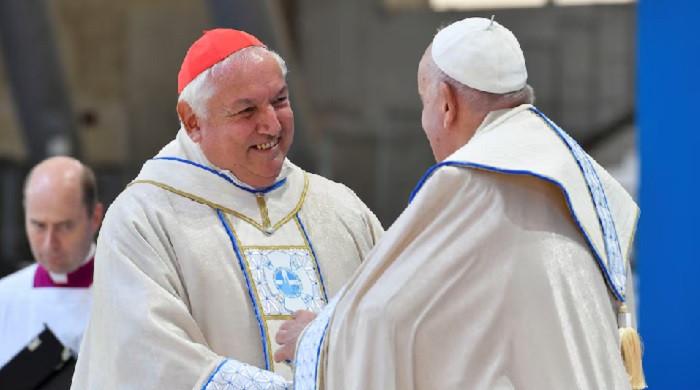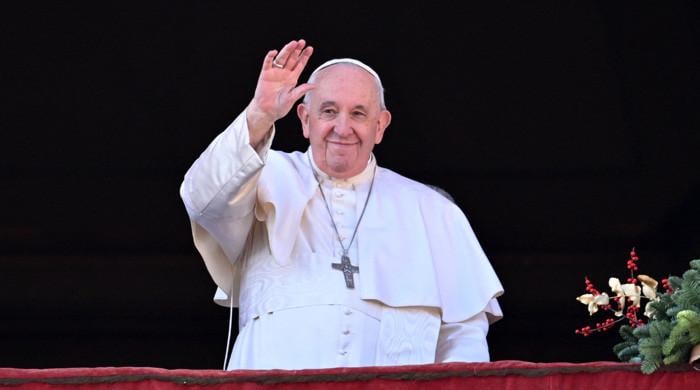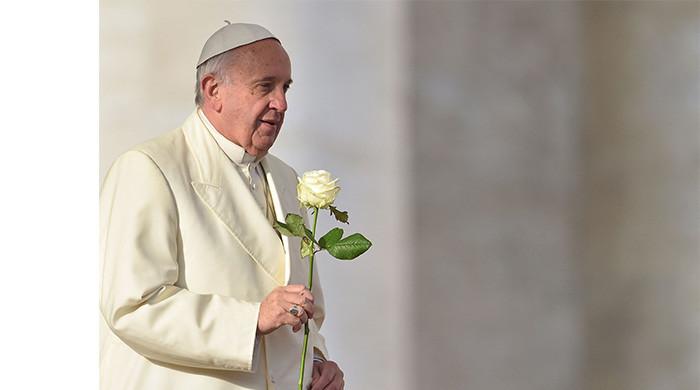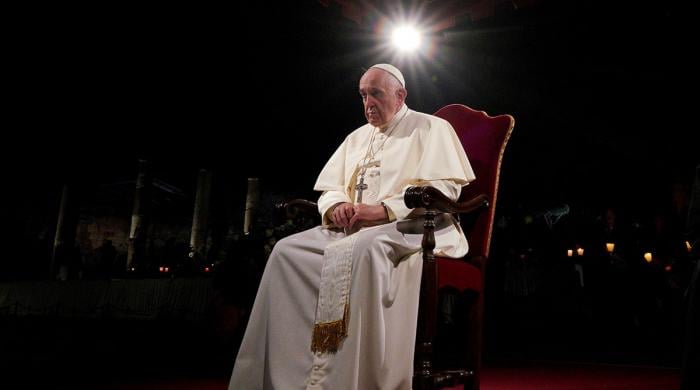At least 32 killed in suicide attack on Kabul mosque
The United Nations said at least 32 had been killed and more than 50 wounded, including many children
November 21, 2016
KABUL: A suicide bomber killed more than 30 people and wounded dozens on Monday in an explosion at a crowded Shia mosque in the Afghan capital Kabul, officials said.
The attacker entered the Baqir-ul-Olum mosque shortly after midday as worshippers gathered for Arbaeen, a ritual marking the end of a 40-day mourning period for the 7th century death of Imam Hussein, grandson of the Prophet Mohammad.
Fraidoon Obaidi, chief of the Kabul police Criminal Investigation Department, said at least 27 people were killed and 35 wounded.
The United Nations said at least 32 had been killed and more than 50 wounded, including many children. It described the attack as "an atrocity".
"I saw people screaming and covered in blood," one survivor told Afghanistan's Ariana Television, adding that around 40 dead and 80 wounded had been taken from the building before rescue services arrived at the scene.
Another witness said he had helped carry 30-35 bodies from the mosque.
Already there had been two major recent attacks on minorities in Kabul, both claimed by Daesh.
One was on a demonstration by the Hazara community in July which killed more than 80 people, in the deadliest attack on civilians since 2001.
Last month, 18 people were killed when a gunman in police uniform opened fire on worshippers gathered at a shrine in Kabul for Ashura, one of the holiest occasions.
In addition, at least 14 people were killed in an attack on a mosque in northern Balkh province, for which no group has so far claimed responsibility.
There was no immediate claim of responsibility for Monday's attack, but the Taliban, seeking to reimpose strict laws after they were toppled from power in 2001, denied any involvement.
"We have never attacked mosques as it's not our agenda," said the movement's main spokesman, Zabihullah Mujahid.
Officials said the attack was a deliberate attempt to stoke sectarian tensions.
Any resurgence of sectarian or ethnic violence could threaten the fragile stability of the government headed by President Ashraf Ghani, who described the mosque blast as an attempt "to sow seeds of discord".
Government Chief Executive Abdullah Abdullah said Afghanistan should not fall victim to "enemy plots that divide us by titles".
"This attack targeted innocent civilians - including children - in a holy place. It is a war crime & an act against Islam & humanity," he said in a message on his Twitter account.
Thousands of civilians have been killed in Afghanistan in the 15 years since the Taliban government was brought down in the US-led campaign of 2001.
In July, the UN Assistance Mission in Afghanistan reported that 1,601 civilians had been killed in the first half of the year alone, a record since it began collating figures in 2009.











